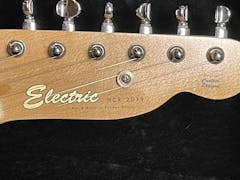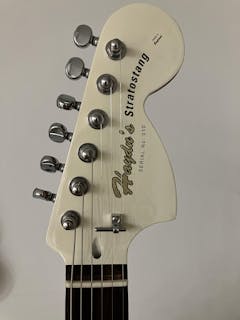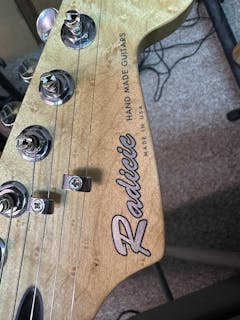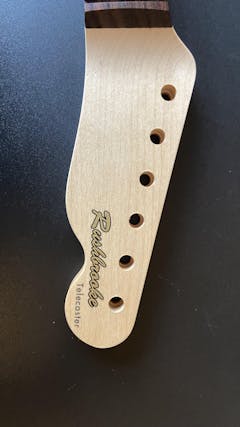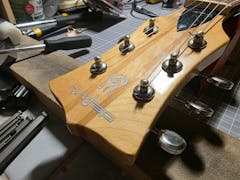86 Products

Decorative Banding & Purfling Strips
Enhance your woodworking projects with Rothko and Frost's exquisite collection of decorative banding and purfling strips. Ideal for carpenters, woodworkers, and box makers seeking detailed edging and inlay designs for furniture, cabinetry, and bespoke craft pieces. Our vast selection boasts a wide variety of materials, intricate patterns, and colours to perfectly complement your work. These high-quality strips add a professional, detailed finish to any carpentry or woodcraft project. Supplying craftspeople across the UK. Browse our extensive range and buy online today.































